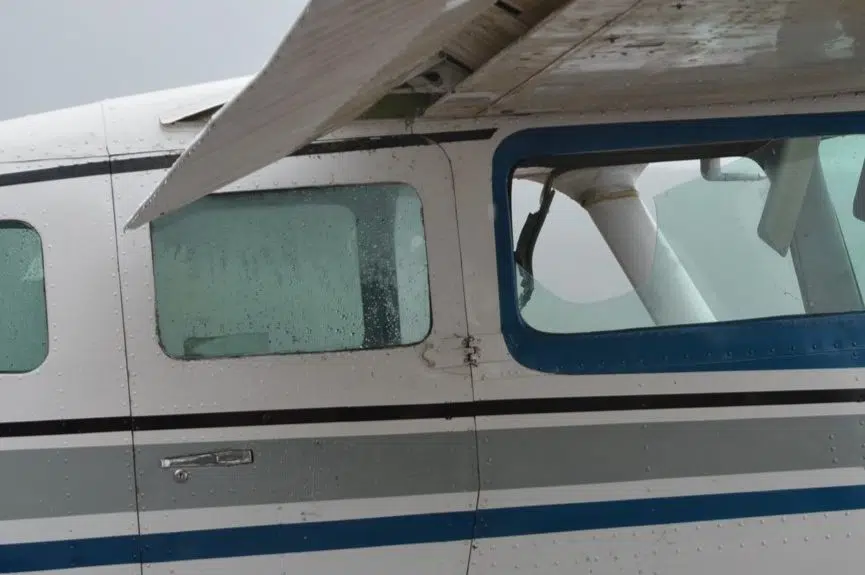Barry O’Brien spent last summer flying solo as the only full-time pilot at his own company.
As the owner and operator of Voyage Air, O’Brien said he’d like to employ four full-time pilots in addition to himself during the busy summer months, as well as a mechanic and another worker to take care of operations on the ground.
However, O’Brien said he simply could not find pilots to hire last season.
“Last summer was probably the worst I’ve ever seen for pilot shortage. I was down to primarily myself and a couple of part-time guys to come in and relieve a bit,” he said.
“We just can’t find people.”
Last year marked the first summer without any COVID-19 restrictions, and O’Brien said business picked up substantially as a result. Outfitters needed supplies and visitors flown up to their businesses for excursions and tourists needed flights for hunting and fishing trips. There also a demand for small flights to help service and supply firefighting operations.
“The business was there to do, but I just couldn’t do it,” O’Brien said.
“I had the airplanes, the infrastructure, everything ready to go, but I just didn’t have the help to complete all the work.”
O’Brien said he regularly flies and fixes aircraft for his business, on top of taking care of the books and whatever else needs doing, but the demand for flights to the northern part of the province is too great for him to meet alone.
It meant O’Brien missed out on a lot of business, he said, and he stands to lose out on even more this year.
“We did what we could, but we could only do so much,” he said.
The shortage of qualified, experienced and skilled pilots is causing a lot of uncertainty in Saskatchewan at the moment.
O’Brien said the COVID-19 pandemic prompted the retirement of several pilots, while also closing training centres.
“The general turnover of new guys coming in and old guys going out got disrupted,” he said.
While there are some younger pilots that are being trained, O’Brien said it’s hard to hire them because of the difficulty of the jobs Voyage Air performs. Experience is needed, he explained, and without more mentors for younger pilots to shadow and learn from, it’s difficult to take them on.
Even if O’Brien could find pilots to hire, he said the new Canadian Air Regulations in place would pose another substantial hurdle.
The new regulations mean what could’ve previously been a 14-hour workday for pilots, with exemptions, has now been reduced to about 10 hours of duty, and less than half of that time can be spent in the air. There are also new rules around when pilots can work, and how many hours or days of time off they must have before working again.
To work within the new rules, O’Brien estimated he would need about seven full-time pilots, none of which he currently has been able to find.
“Even if I could get the staff, I’m going to have to minimize the amount of time they can work,” he said.
“I’m still trying to figure out how I can bring them on and have them come up here to this remote area and only work for a few days and then have a few days off … I can’t pay guys not to work.”
He said the new rules are not only restrictive, but are complicated and difficult to understand.
“We’re still sitting here, reading these rules and trying to amend our manuals to comply with them.”
The new regulations, created with pilot fatigue in mind, are designed to tackle an important issue, O’Brien said, but it’s not one that the Saskatchewan float plane industry has struggled with.
“We did it for years. I never (saw) a problem with it,” O’Brien commented.
Voyage Air operates primarily in the northern and northwestern parts of Saskatchewan, with some service to Alberta and the Northwest Territories. With the upcoming season looming, O’Brien said he’s started getting calls about flights to northeastern Saskatchewan as well.
“I don’t have the manpower or the airplanes to look after all that flying over there,” he said.







